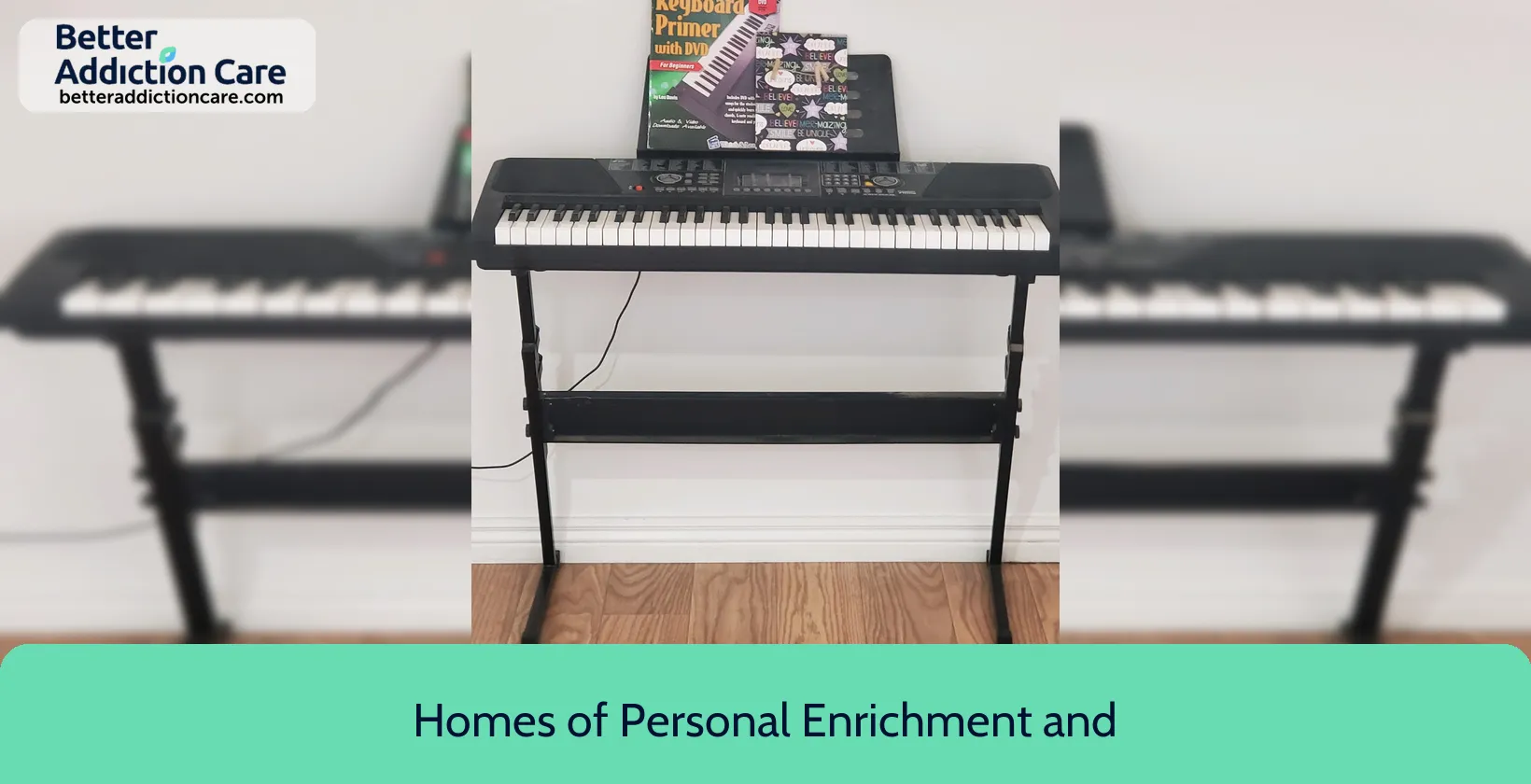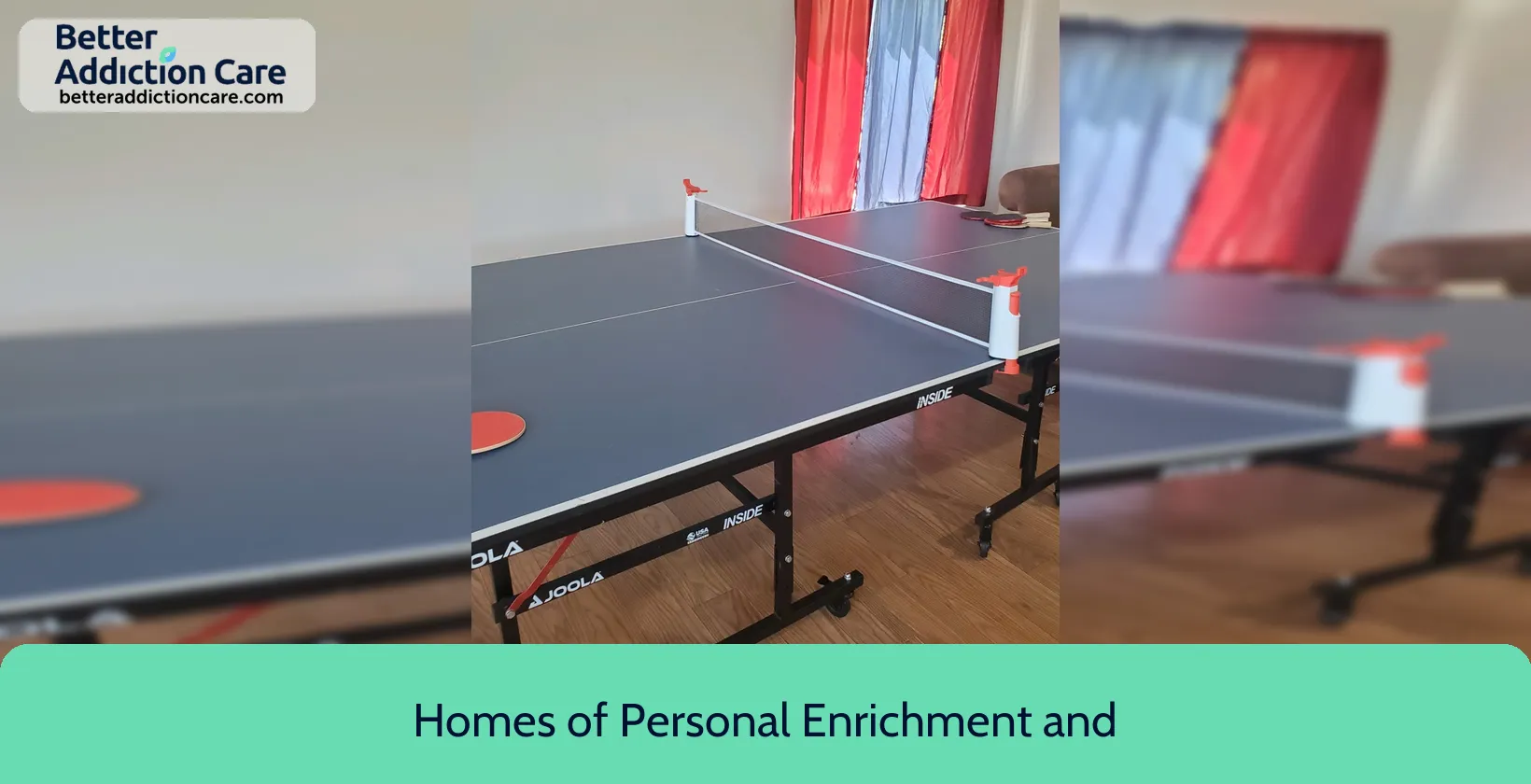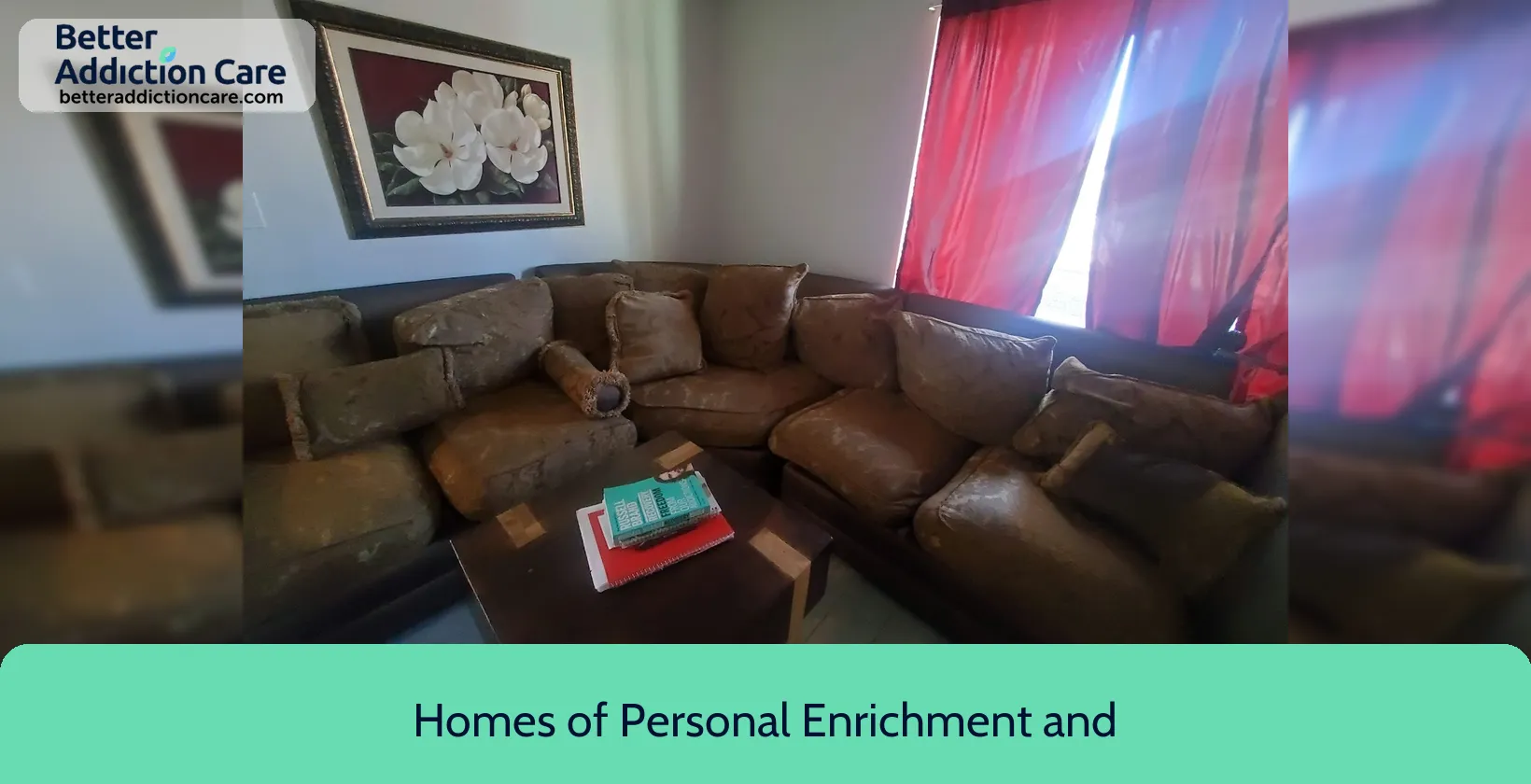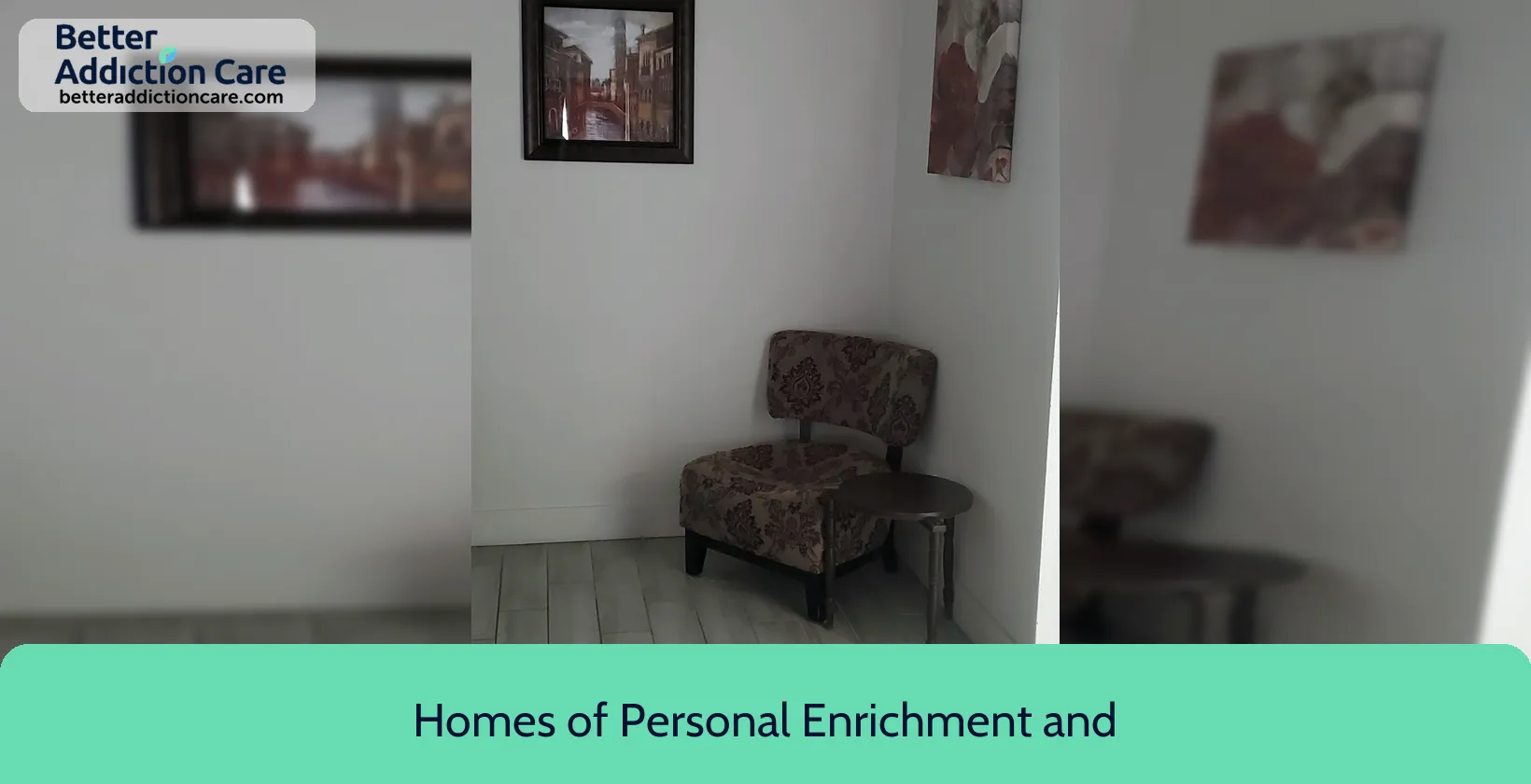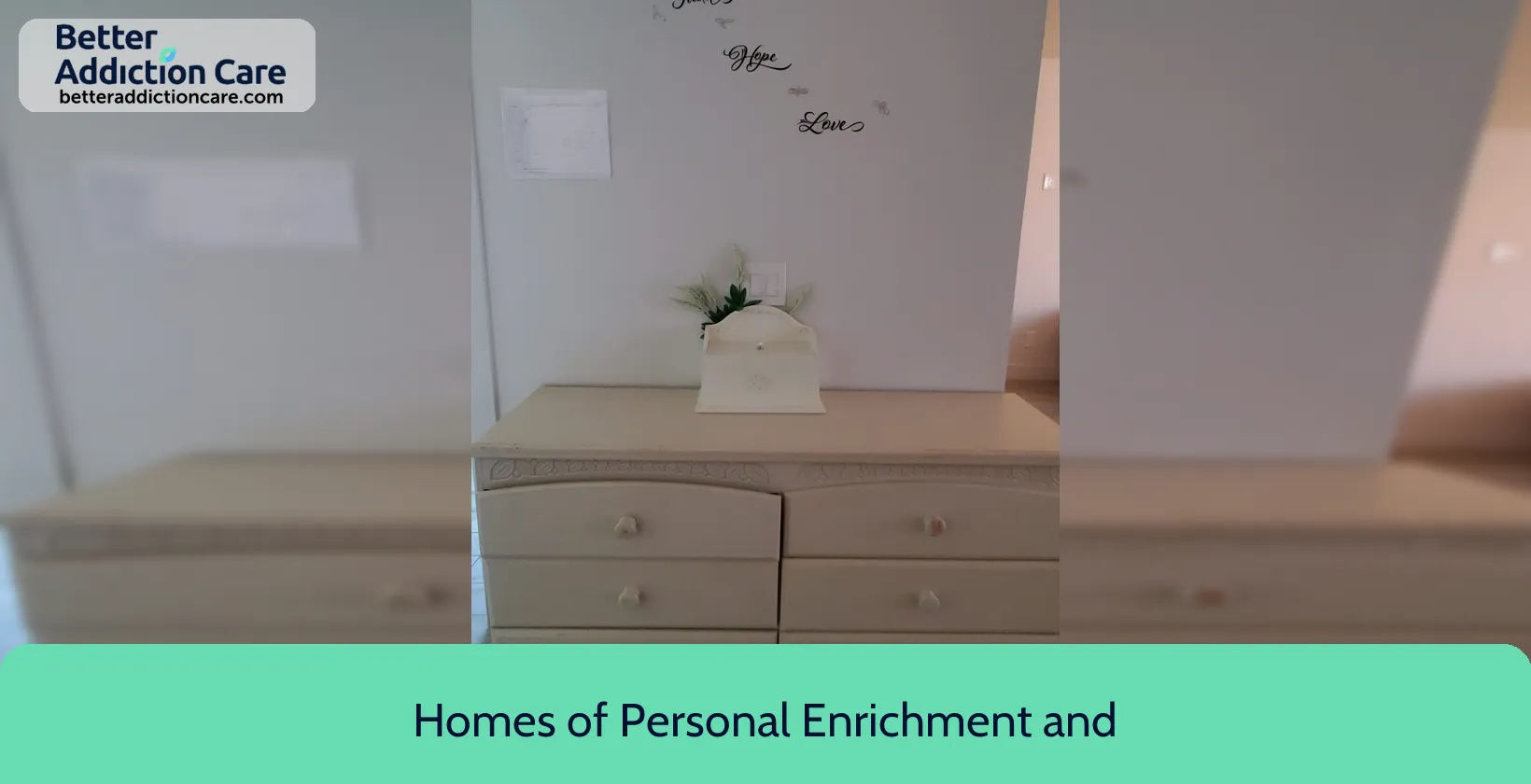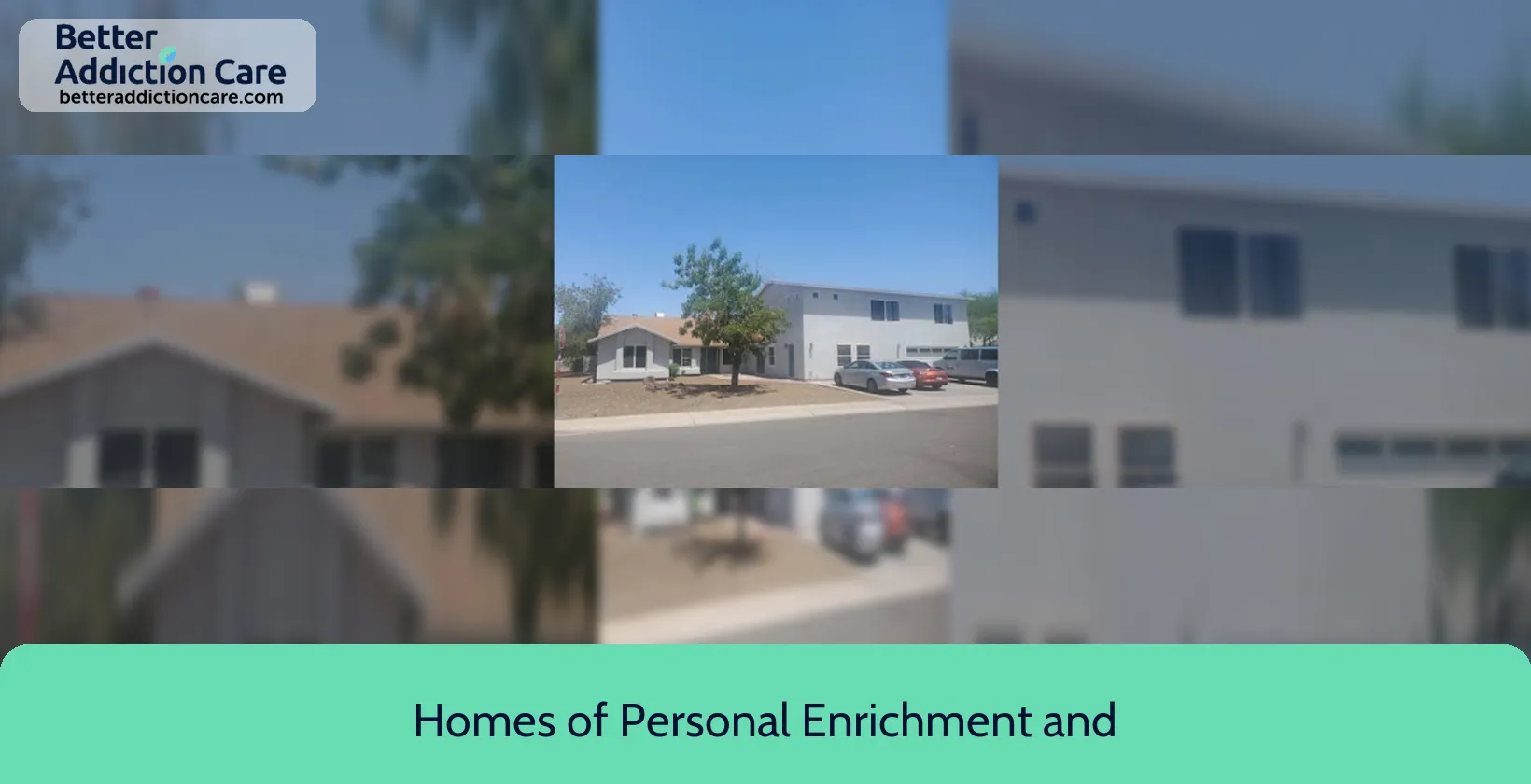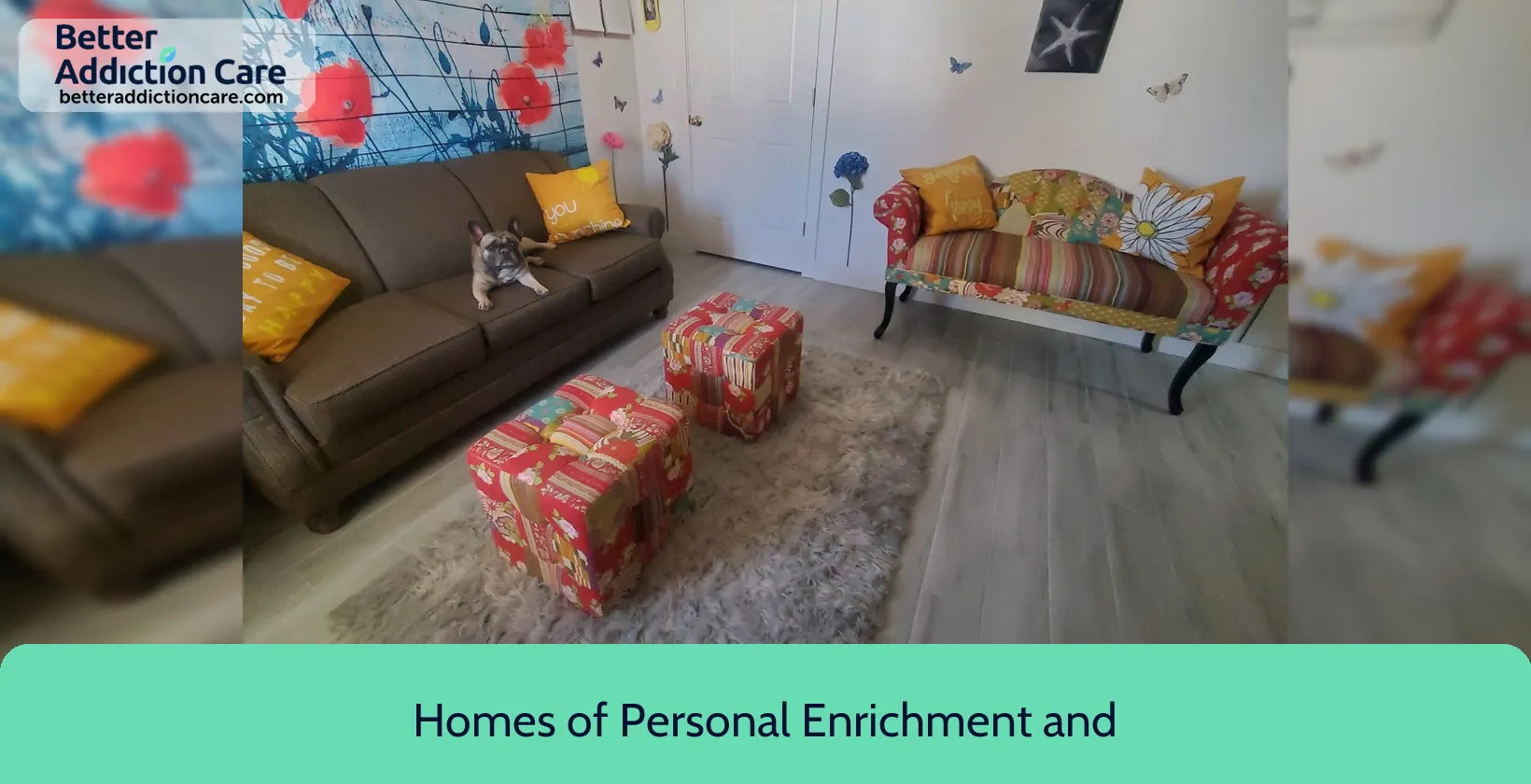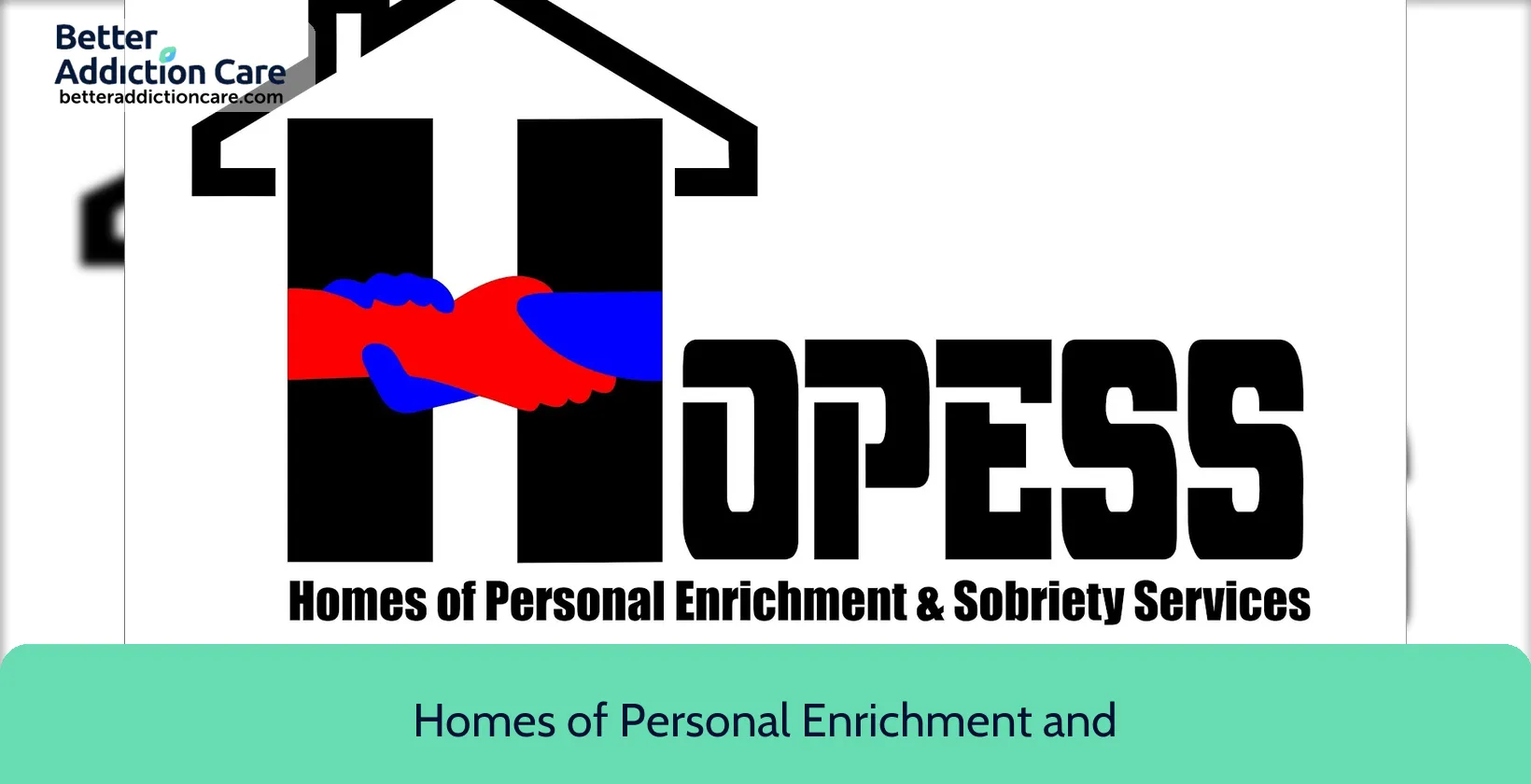Homes of Personal Enrichment and Sobriety Services - HOPESS
Overview
Homes of Personal Enrichment and Sobriety Services - HOPESS is an mental health treatment center that provides inpatient treatment for men between 18 and 65+ years of age. As part of their special programs, Homes of Personal Enrichment and Sobriety Services - HOPESS treats clients with co-occurring mental and substance use disorders, criminal justice (other than dui/dwi)/forensic clients, and clients with hiv or aids. To help patients achieve sobriety, Homes of Personal Enrichment and Sobriety Services - HOPESS provides intake assessments. Afterward, patients receive couples/family therapy, group counseling, and cognitive behavioral therapy during treatment. Homes of Personal Enrichment and Sobriety Services - HOPESS is located in Phoenix, Arizona, providing treatment for people in Maricopa County, accepting cash or self-payment, medicaid, and private health insurance.
Homes of Personal Enrichment and Sobriety Services - HOPESS at a Glance
Payment Options
- Cash or self-payment
- Medicaid
- Private health insurance
- Sliding fee scale (fee is based on income and other factors)
- IHS/Tribal/Urban (ITU) funds
Assessments
- Screening for tobacco use
- Comprehensive mental health assessment
- Comprehensive substance use assessment
Age Groups
- Seniors or older adults
- Young adults
- Adults
- Seniors
Ancillary Services
- Intensive case management
- Case management service
- Chronic disease/illness management
- Court-ordered outpatient treatment
- Diet and exercise counseling
Highlights About Homes of Personal Enrichment and Sobriety Services - HOPESS
6.71/10
With an overall rating of 6.71/10, this facility has following balanced range of services. Alcohol Rehabilitation: 8.00/10, Drug Rehab and Detox: 6.00/10, Insurance and Payments: 6.00/10, Treatment Options: 6.85/10.-
Alcohol Rehabilitation 8.00
-
Treatment Options 6.85
-
Drug Rehab and Detox 6.00
-
Insurance and Payments 6.00
Treatment At Homes of Personal Enrichment and Sobriety Services - HOPESS
Treatment Conditions
- Alcoholism
- Mental health treatment
- Substance use treatment
- Co-occurring Disorders
Care Levels
- Hospital inpatient treatment
Treatment Modalities
- Couples/family therapy
- Group counseling
- Cognitive behavioral therapy
- Dialectical behavior therapy
- Integrated Mental and Substance Use Disorder treatment
Ancillary Services
Additional Services
- Pharmacotherapies administered during treatment
- Mentoring/peer support
- HIV testing
Special Programs
- Clients with co-occurring mental and substance use disorders
- Criminal justice (other than DUI/DWI)/Forensic clients
- Clients with HIV or AIDS
- Clients who have experienced trauma
- Clients who have experienced intimate partner violence, domestic violence
Get Help Now
Common Questions About Homes of Personal Enrichment and Sobriety Services - HOPESS
Contact Information
Other Facilities in Phoenix
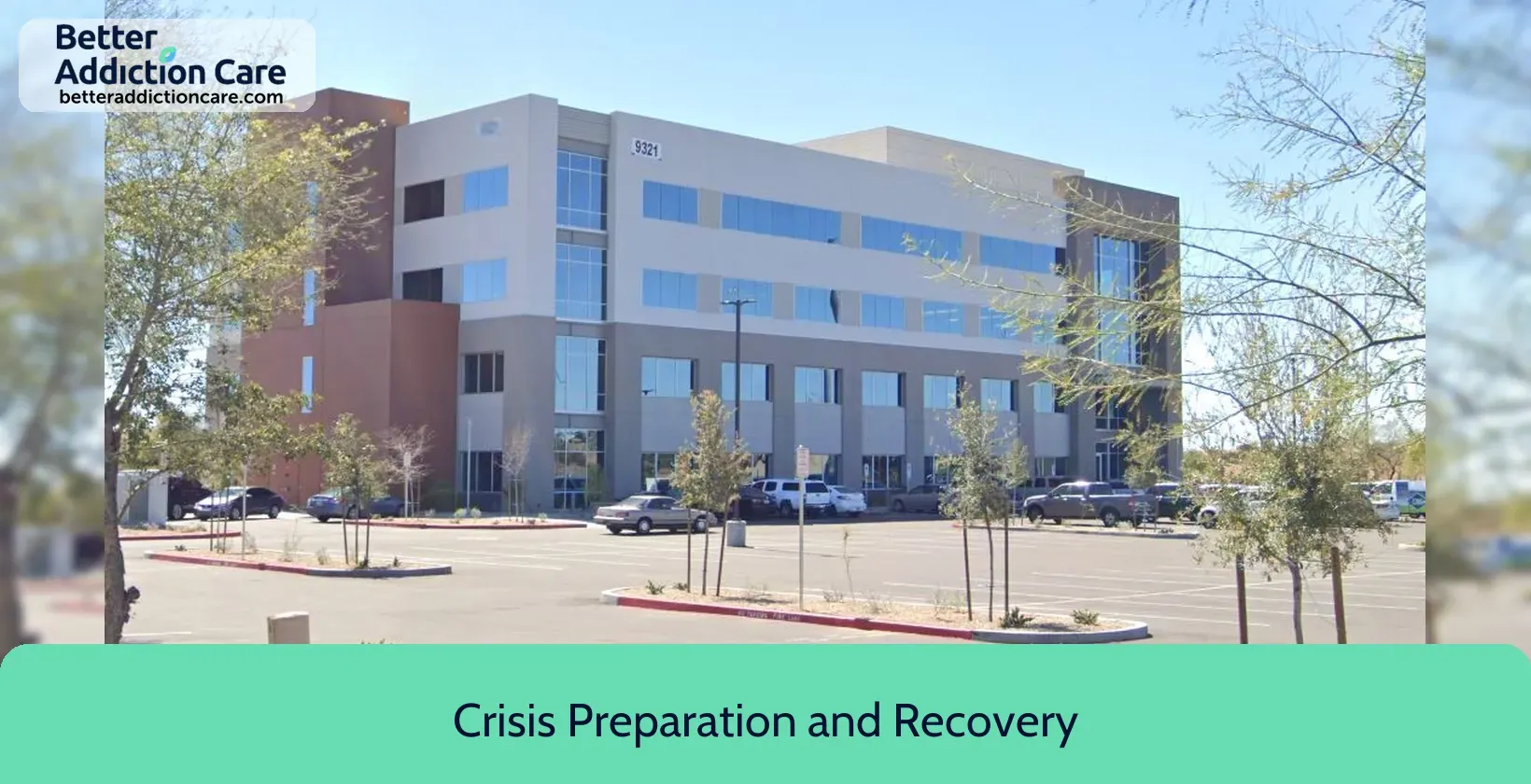
6.68

7.37
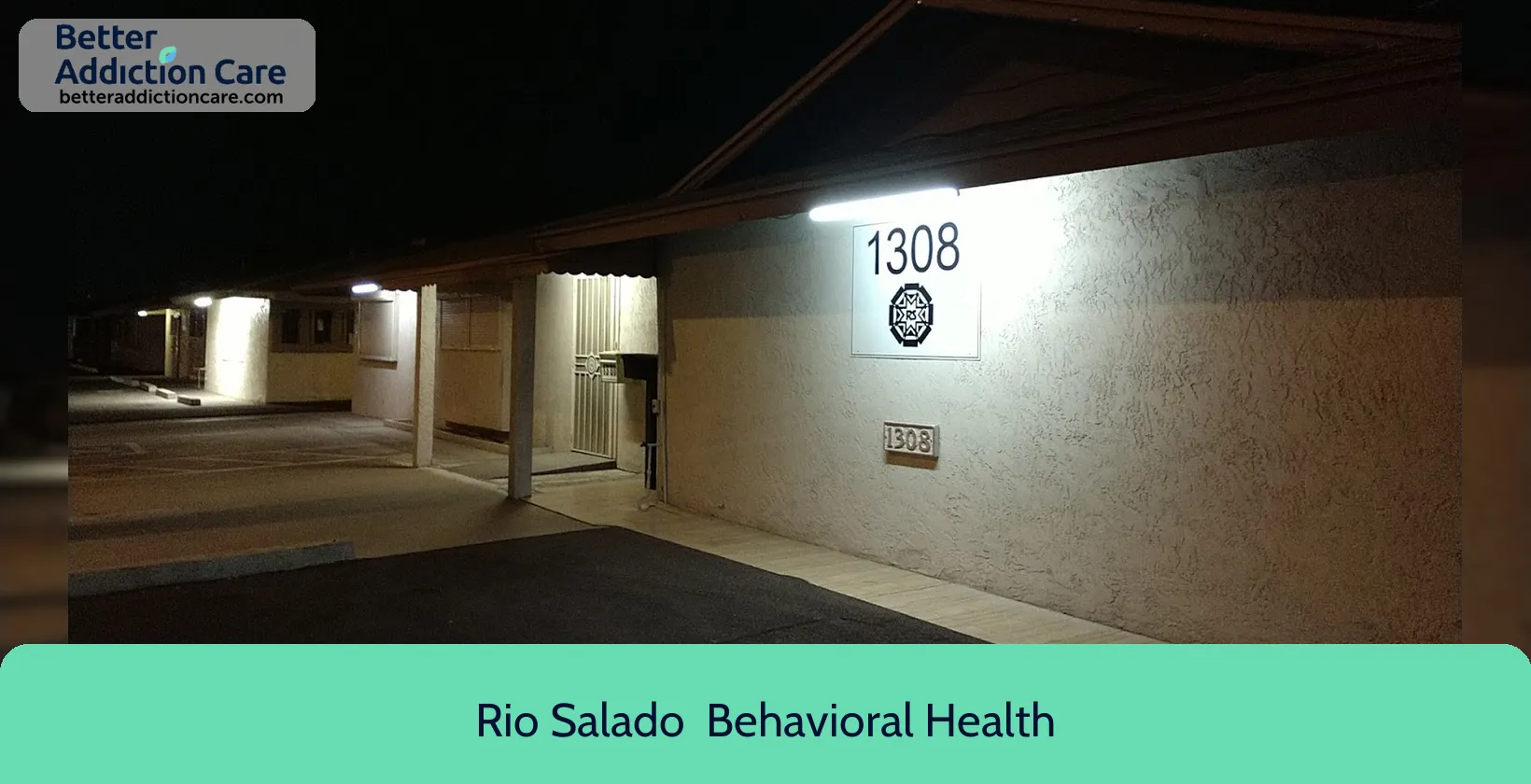
6.59
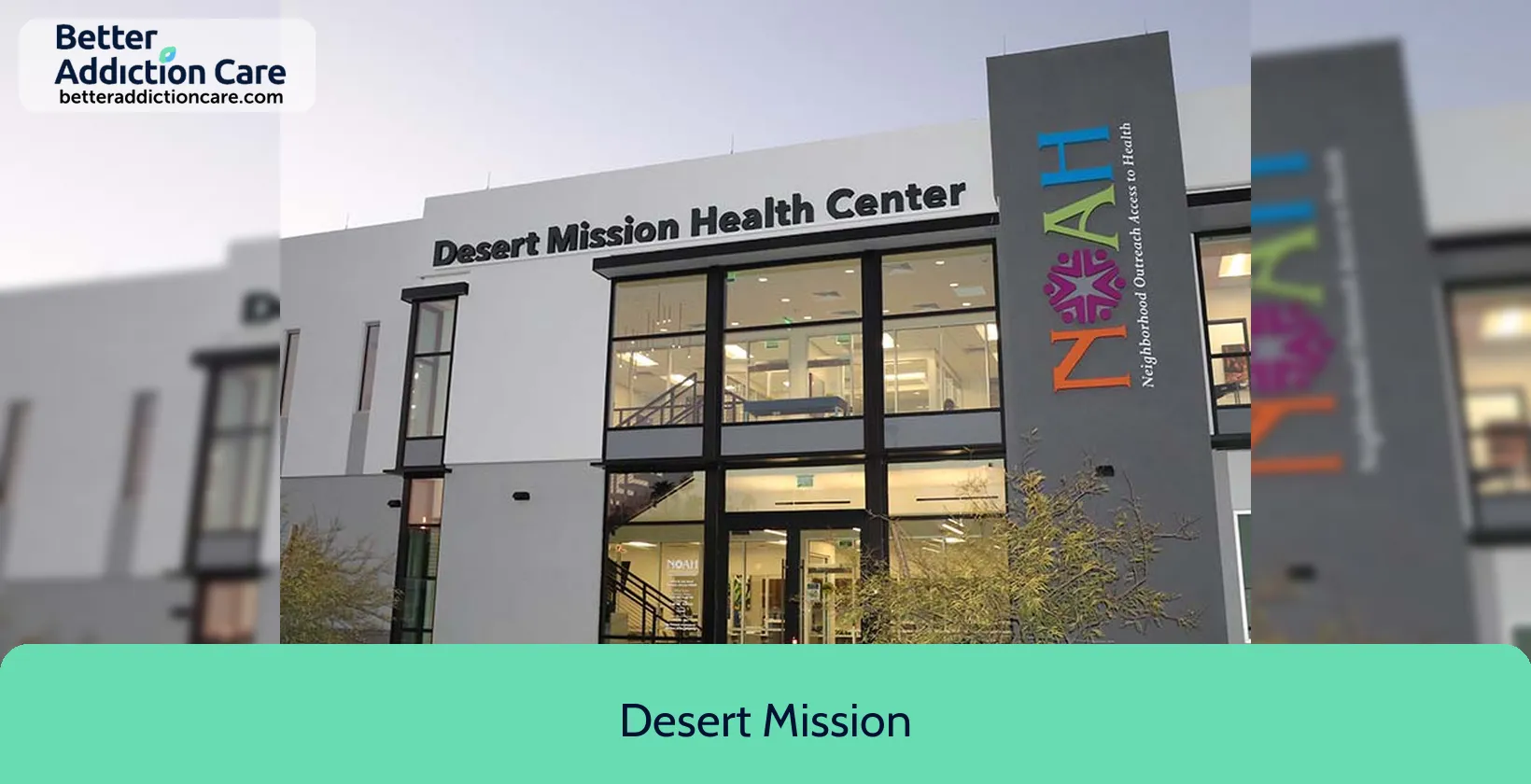
6.68

6.65
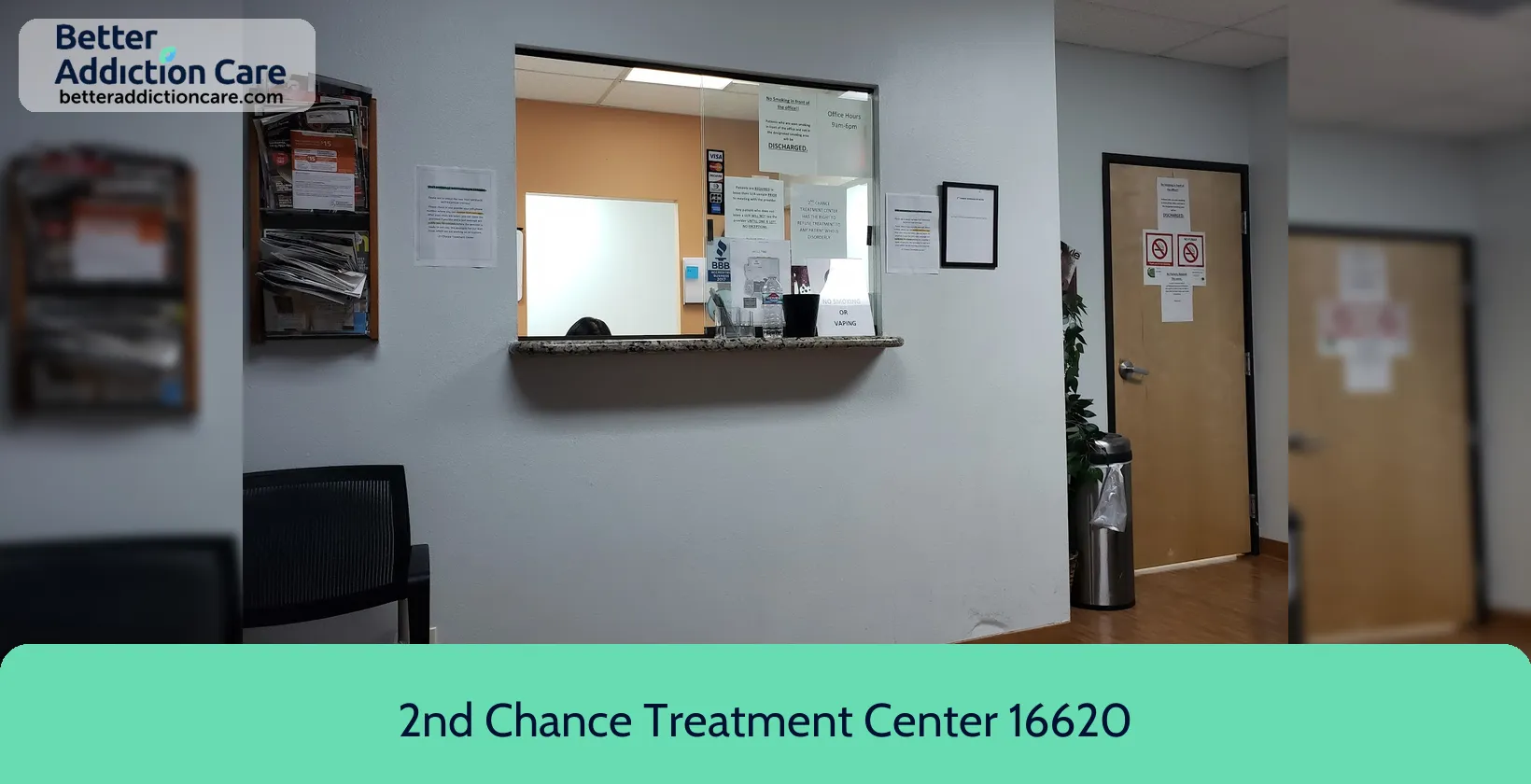
7.08
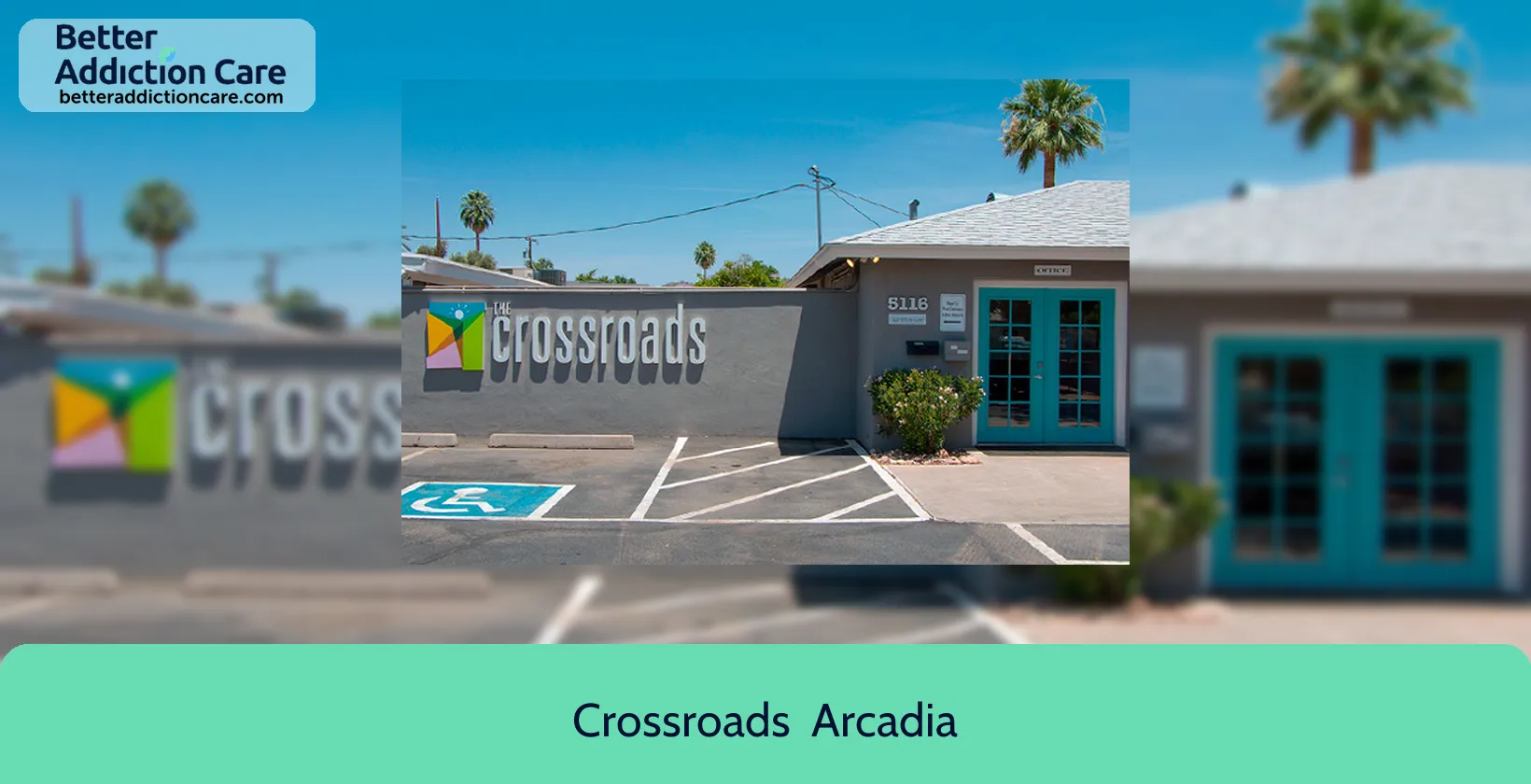
6.68
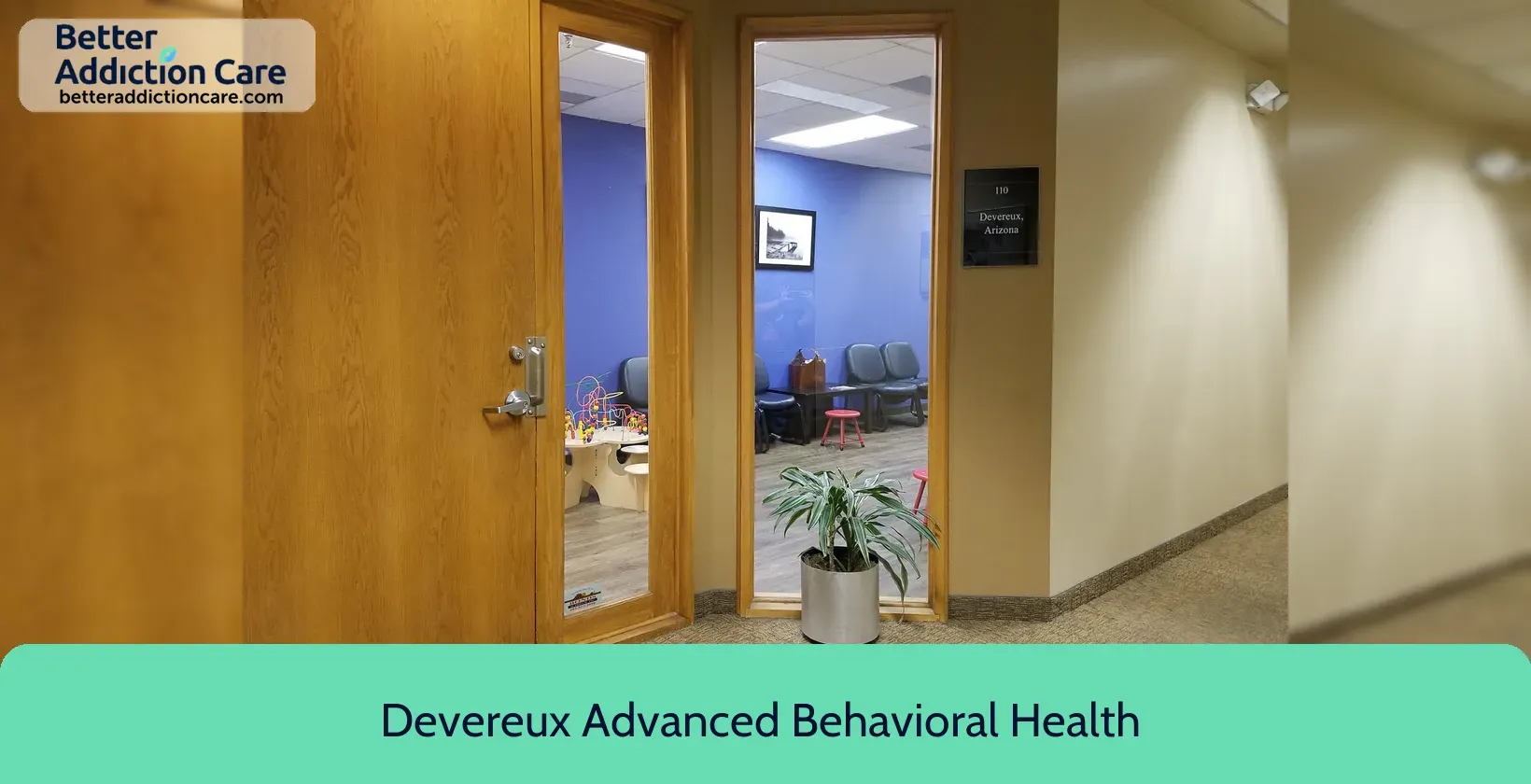
6.68
DISCLAIMER: The facility name, logo and brand are the property and registered trademarks of Devereux Advanced Behavioral Health - Arizona, and are being used for identification and informational purposes only. Use of these names, logos and brands shall not imply endorsement. BetterAddictionCare.com is not affiliated with or sponsored by Devereux Advanced Behavioral Health - Arizona.
